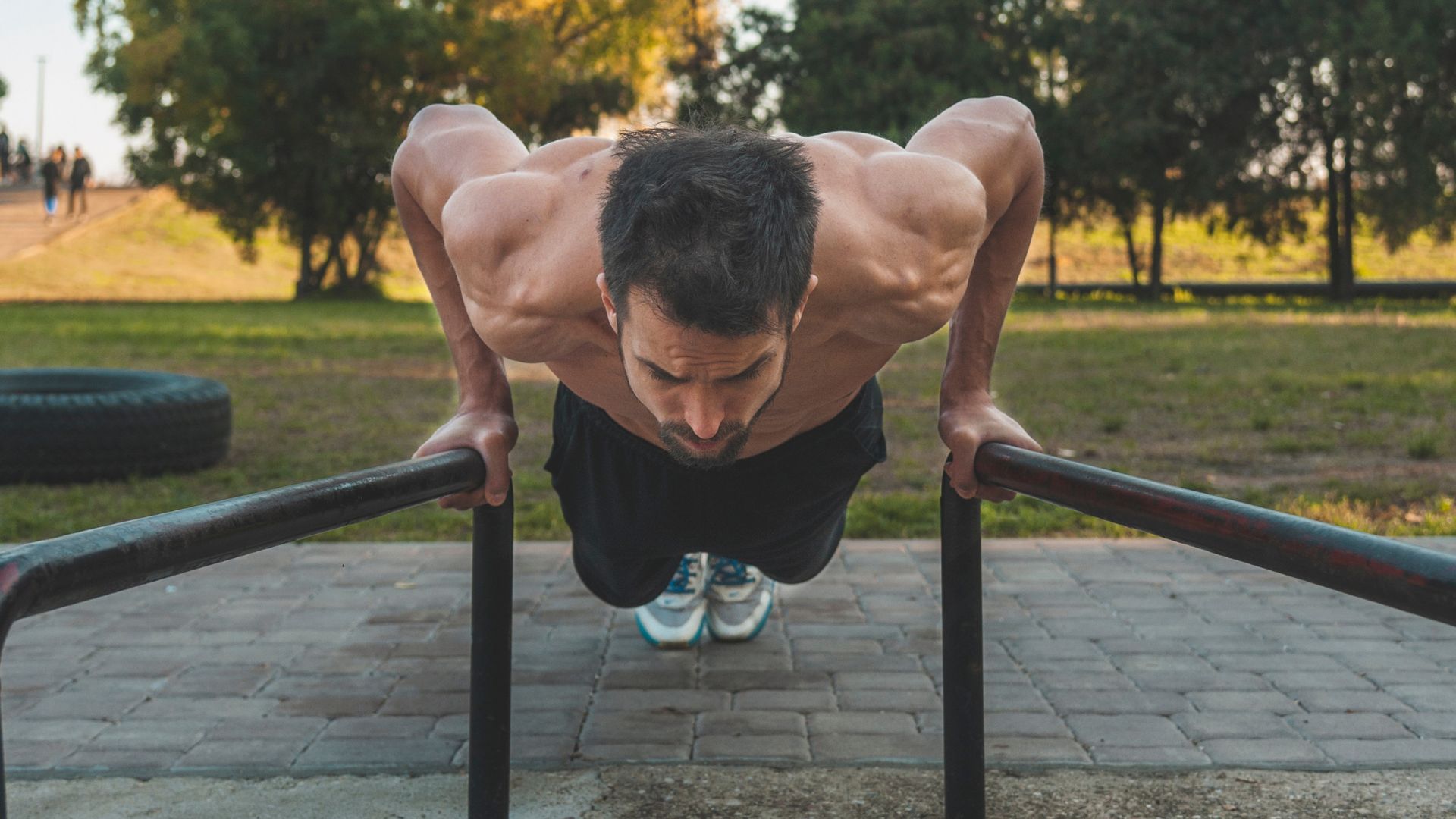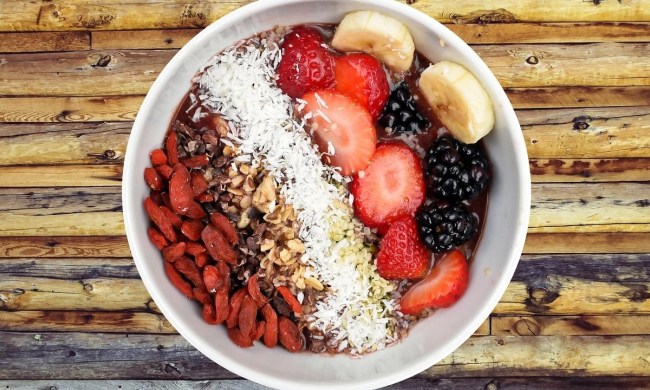
With the new year, you might be looking for a way to get bulk and quick. If you want a lean, mean, toned physique, you don’t need to spend a fortune on gym memberships or fancy equipment.
Calisthenics is your ticket to sculpting muscle with nothing but the ground beneath your feet and the weight of your own body. It’s simple, brutal, and effective. No gimmicks, no shortcuts, just pure, unadulterated badassery.
Not sure where to start? This is your go-to guide, from basic movements to advanced exercises to jumpstart your calisthenics workout routine.

What is calisthenics?
“Calisthenics” may sound intimidating, but it’s just a long word for bodyweight training. With calisthenics, you use your body weight to build strength and muscle. It’s simple, effective, and can be done anywhere and anytime.
Calisthenics exercises include push-ups, squats, lunges, planks, burpees, and pull-ups.
Benefits of calisthenics
Calisthenics is a workout routine that’s loaded with benefits. Here are a few of them:
- Improved muscle strength: Unlike the isolation exercises common in weight training, calisthenics focuses on compound movements that mimic real-life activities. Squats for climbing stairs, lunges for chasing the bus, push-ups for, well, pushing things (like your limits).
- Increased flexibility: Calisthenics isn’t just about building muscle. The full range of motion in these exercises stretches and strengthens your muscles, improving your flexibility and mobility. Imagine not only hitting your fitness goals but also being able to touch your toes without a struggle (and maybe even impress your partner with your newfound yoga skills).
- Improved cardiovascular health: Calisthenics is a metabolic furnace, burning calories and boosting your heart rate with every rep. Not only will you build muscle, but you’ll also shed fat and sculpt a lean, ripped physique.
Calisthenics might help your mental well-being, too. For example, the discipline required in calisthenics may help improve focus and mental resilience. It’s also been linked to improved mood, reducing stress, and boosting self-confidence.

How to build muscle with calisthenics: 5 bodyweight exercises you can do at home
Here are a few beginner-friendly calisthenics exercises that can help you build muscle and tone your body without ever setting foot in a gym or using any equipment:
Incline press-ups
Incline press-ups are a modified version of the traditional push-up. Instead of placing your hands on the ground, you’ll grab onto a bench or elevated surface, like a step or sturdy chair. This exercise targets your chest, shoulders, and triceps.
How to do it:
- Stand in front of a sturdy elevated surface with your hands shoulder-width apart.
- Grab the edge of the surface and extend your legs behind you, keeping your body in a straight line.
- Lower your chest towards the surface, maintaining a controlled and slow movement.
- Push back up to the starting position, engaging your chest, shoulders, and triceps.
Tip: Lower the bench height, elevate your feet on another surface, or try weighted incline press-ups for an extra upper body challenge.
Plank
The plank is one of the simplest yet most effective exercises for building core strength.
How to do it:
- Get into a push-up position with hands directly under your shoulders, slightly wider than shoulder-width apart.
- Tighten your core by drawing your belly button towards your spine and squeezing your glutes.
- Press your hands and feet into the ground, extending your legs and straightening your entire body into a straight line. Your neck should be neutral, in line with your spine. Don’t let your hips sag or arch your back.
- Breathe deeply and evenly as you hold this position for as long as you maintain proper form. Start with 30 seconds and gradually increase your hold time as you get stronger.
Squats
Squats are great for building lower body strength, targeting your glutes, quads, and hamstrings.
How to do it:
- Stand with your feet shoulder-width apart.
- Lower your body by bending at the knees and hips as if sitting back in a chair.
- Push through your heels and engage your glutes to return to the starting position.
Walking lunges
Walking lunges are a compound exercise that engages the quads, glutes, and hamstrings.
How to do it:
- Stand tall with your feet hip-width apart, shoulders back, and core engaged.
- Take a big step forward with your right foot and lower your body into a lunge, bending both knees until your front thigh is roughly parallel to the ground and your back knee hovers just above the floor. Keep your front knee stacked directly over your ankle, avoiding unwanted wobbles.
- Push through your front heel to lift yourself back to the starting position. Repeat the movement, leading with your left leg for a continuous, lunging walk.
Tip: Crank up the intensity by adding weights, walking uphill, or pulsing at the bottom for extra muscle burn.
Bridge
The bridge exercise targets your glutes, hamstrings, and lower back muscles.
How to do it:
- Lie flat on your back with your knees bent and feet flat on the ground, hip-width apart.
- Engage your core by drawing your belly button towards your spine and tilting your pelvis.
- Push your heels into the ground and lift your hips off the mat, squeezing your glutes and hamstrings as you rise.
- Continue lifting your hips until your body forms a straight line from your knees to your shoulders. Remember, keep your core engaged and avoid hyperextending your back.
- Squeeze your glutes and hold the top position for 1-2 seconds.
- Slowly lower your hips back to the starting position, maintaining core engagement and a slow, controlled movement.
Building muscle doesn’t have to mean lifting heavy weights or using expensive gym equipment. Calisthenics, or bodyweight exercises, can build muscle and tone the body. With dedication, consistency, and proper form, you can achieve your fitness goals right in your own living room.



